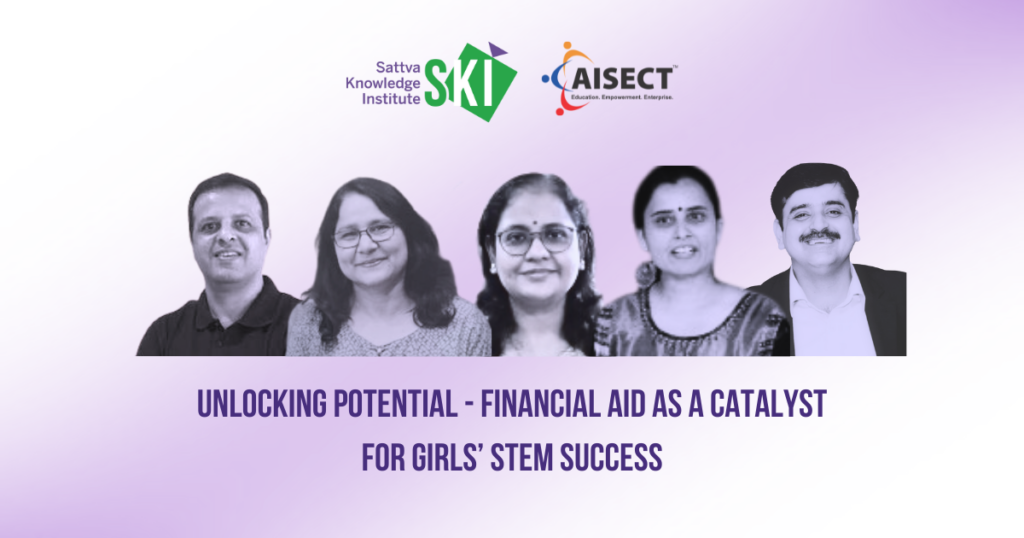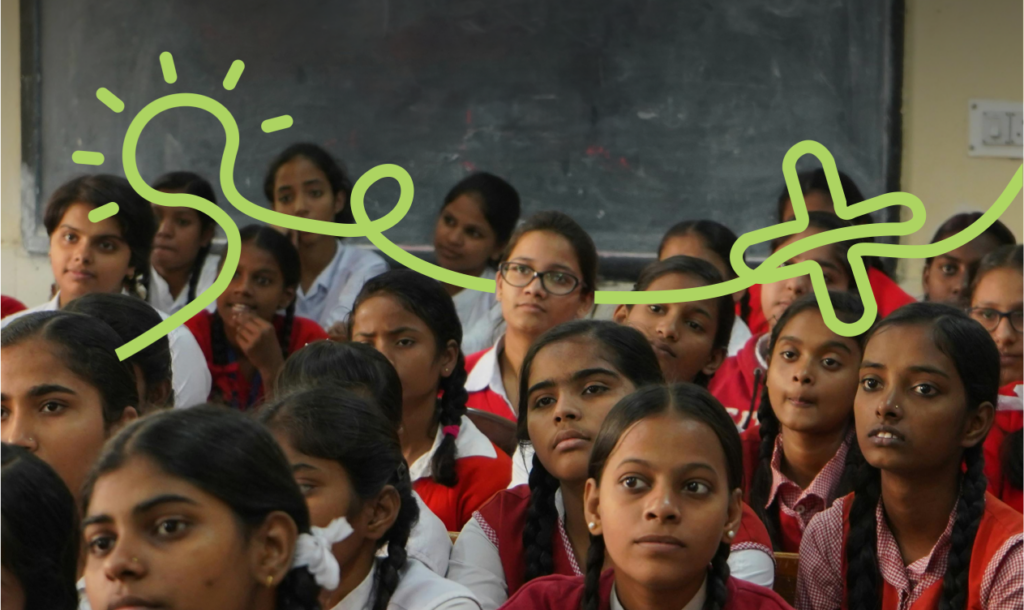Various organisations have defined the scope and criticality of Foundational Literacy and Numeracy (FLN) over the years. Despite different definitions, common and central aspects of the framing of FLN comprises skills such as recognition of letters and words, reading, writing, mathematical problem solving and skill development. The National Education Policy 2020 and the directive NIPUN Bharat have articulated the definition of FLN for India, which enables measurement of FLN skills, hence, facilitating their achievement.
For India, FLN skills mean basic skills in reading, writing, and mathematics.
It is the ability to read and understand a basic text and perform simple mathematical calculations by the end of Grade 3. In order to ensure this accomplishment, NIPUN Bharat guidelines for implementation of NEP emphasise on a focus on the first four foundational years, namely one year of pre-school, and formal schooling up to Grade 3. Over time, multiple global and domestic inquiries have proven that FLN investments are imperative for India. Provision of FLN programmes at an early age makes education initiatives equitable, since 98.4% learners are in school and can benefit from these. It is also observed that with robust FLN skills, learners continue to remain in school, preventing dropouts. They are also prepared to learn higher order skills, become more socially responsible individual s, attain better health outcomes, and are able to navigate social problems. Additionally, efforts in FLN also reduce the remediation costs in education.
Status of Foundational Literacy and Numeracy in India
In India, the enrolment rate for the 6-14 age group has been over 95% for the last 15 years; and this continued even with school closures. Despite these positive trends, profound deficits in learning levels continue to exist, with over 75% learners of Grade 3 without foundational skills.
In literacy, only 20.5% of Grade 3 learners, 48.2% of Grade 5 learners, and 69% of Grade 8 learners are able to read Grade 2 text. In mathematics, only 25.9% of Grade 3 learners are able to do subtraction; whereas merely 25.6% of Grade 5 learners and 44.7% of Grade 8 learners are able to perform simple division.
Evolution of the Foundational Literacy and Numeracy Landscape in India
While learning levels remain a concern, India has come a long way for creating a system for achievement of FLN outcomes for all learners. Programmes such as the Integrated Child Development Scheme, the Right to Education Act (2002 2009), the Samagra Shiksha Abhiyan and the NEP 2020 have paved way to establish the criticality of foundational skills and strengthened the levers that can help in their achievement. The current scenario is a promising one, with FLN at the centre for India’s education.
Systemic challenges in the FLN Landscape
As the landscape for achievement of Foundational Literacy and Numeracy has developed, so have the challenges. These hurdles are across five dimensions: Policy and Intervention landscape, Classroom factors, Governance, Assessment and Funding. Navigating these by generating synchronous act ion s between the centre and the states would enable the fulfilment of India’s FLN goals.
The primer identifies best practices from initiatives across Pedagogy, Assessments and Governance, which can be scaled up to overcome existing challenges. The focus is on moving on to competency based assessments which would help in classroom planning. Large scale school readiness assessments are also critical. To overcome bottlenecks in governance, initiatives that emphasise generating accountability at multiple cadres of the public education system and making monitoring processes aligned to learning
outcomes are key.
Authors: Sukhada Ghosalkar and Dr. Shweta Gaur




